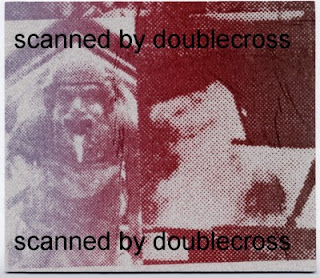From the website: Haggard Hawks
Haggard
As evidenced below, concerning the origin of the name "Haggard"; "etymology of the name is much in debate."
![]()
Recorded as Hagard, Haggard, Hagart, Haggarth and possibly others, this is an English medieval surname. It has three possible origins. The first is job descriptive for a haggart or haggerter, described as being a trainer of hawks caught in the wild, whilst the second possible origin is Danish-Viking and from Agard. This was a locational name from the city of Agard in Denmark. It is also possible that on occasions it was used as a medieval nickname for a "wild and untamed" person! In this case the derivation is from the Olde French word hagard, introduced into the British Isles after the Norman Conquest of 1066, after which and for nearly three hundred years French was the written and often spoken, language.
![]()
The name development includes recording examples such as that of Anna Haggard who married James Crimble on October 8th 1684, at St. James Church, Dukes Place, Westminster, whilst Dinah Haggarth was christened at the church of St. Mary Whitechapel, Stepney, on August 5th 1759. The Author Sir H. Rider Haggard (1856 - 1925), wrote the ever popular book "King Solomon's Mines". The first recorded spelling of the family name is shown to be that of Alice Haggard. This was dated 1275, in the Hundred Rolls of landowners of Worcestershire, during the reign of King Edward 1st, known as "The Hammer of the Scots", 1272 - 1307. Surnames became necessary when governments introduced personal taxation. In England this was sometimes known as Poll Tax. Throughout the centuries, surnames in every country have continued to "develop" often leading to astonishing variants of the original spelling.
![]()
The history of the ancestors of the Haggard family begins among the Pictish clans ancient Scotland. The name Haggard comes from the Gaelic form Mac-an-t-sagairt, which means son of the priest. Patronymic names often substituted the name of a saint or other revered religious figure in place of a devout bearer's actual father. However, the patronym Haggard often denotes actual paternity in this case, since the marriage of clerics in minor orders was permissible, although the marriage of priests was declared illegal and invalid during the 12th century.
The etymology of the name is much in debate. One source notes the "family are supposed to be derived from the Ogards of co. Hertfordshire." or the name "Haggard is a corruption of "hay-garth," a rick yard, and is so employed in Hall and Holinshed, as well as in several provincial dialects, but most probably, an ancient baptismal name which occurs in Domesday as Acard and Acardus."
![]()
Early Origins of the Haggard family
The surname Haggard was first found in Perthshire (Gaelic: Siorrachd Pheairt) former county in the present-day Council Area of Perth and Kinross, located in central Scotland, where they held a family seat from very ancient times, some say well before the Norman Conquest and the arrival of Duke William at Hastings in 1066 A.D.
The Scottish branch of the family was recorded quite late as "the name occurs in Suffolk in thirteenth century as Hacgard."


_cover.jpg)











.JPG)










_cover.jpg)